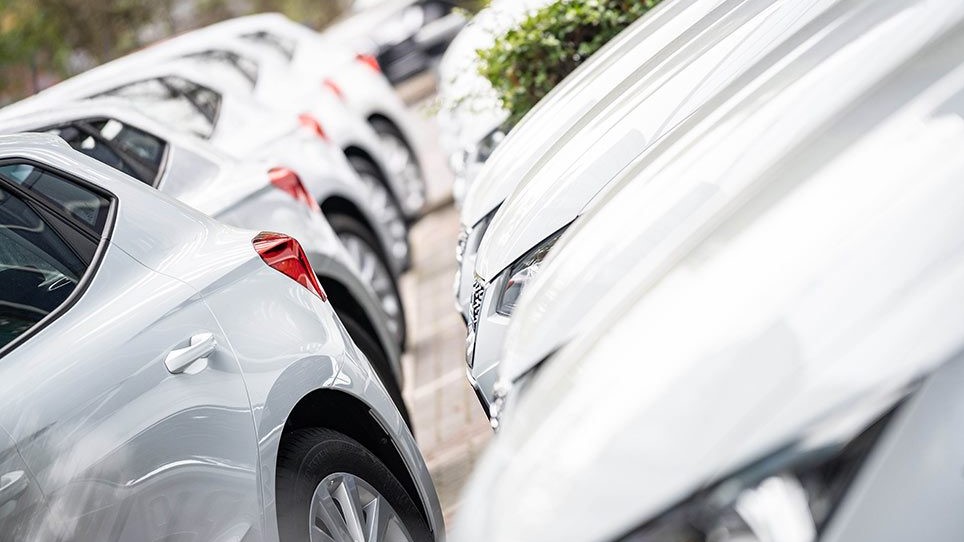The German passenger car market declined by 17 percent in March compared to the same month last year. The Federal Motor Transport Authority (KBA) registered 241,400 new registrations. In the first quarter of 2022, around 626,000 new passenger cars were registered, which corresponds to a minus of 5 percent compared to the same period of the previous year. The market share of the VDIK members was around 39 percent in the first quarter of 2022 (previous year: 37 percent).
Reinhard Zirpel, President of the Association of International Motor Vehicle Manufacturers (VDIK), stated: “At the moment, it makes little sense to compare the registration figures with the pre-Corona period or even to put them into a historical context. Vehicle sales and production conditions have changed completely and dramatically, preventing a meaningful retrospective as well as a serious forecast.”
The private market was down about 10 percent in March to 90,900 units. For the first quarter as a whole, however, it was still up 9 percent.
With an increase of 15 percent, purely battery-electric passenger cars recorded lower but still significant growth in March. After three months, they were up 29 percent with just under 84,000 registrations. New registrations of plug-in hybrids fell 23 percent in March to around 27,300 units. Nearly 68,000 new plug-in hybrids were registered in the first quarter (down 13 percent).
In total, around 280,000 passenger cars with an alternative drive system have been registered so far in 2022. These include electric cars, hybrids with and without plugs, mild hybrids, gas-powered passenger cars and fuel cell vehicles. This means that 45 percent of all new cars in Germany had an alternative drive system (January-March 2021: 38 percent). The market for pure diesel passenger cars remained weak. Between January and March, around 126,000 diesel passenger cars were newly registered, 20 percent fewer than in the same month of the previous year. The diesel share has thus fallen to 20 percent (January-March 2021: 24 percent).
The commercial vehicle market also recorded a significant drop of around 20 percent in March, with just over 30,000 new registrations. In the first three months of the year, around 78,800 new commercial vehicles were registered, a drop of 12 percent.
| March | January – March | ||||
|---|---|---|---|---|---|
| +/- (%) | Share of total car market (%) |
+/- (%) | |||
| Passenger car | 241,400 | -17 | 100 | 626,000 | -5 |
| – VDIK-brands | 97,300 | -14 | 40 | 245,700 | 0 |
| – german brands | 133,800 | -23 | 55 | 360,300 | -10 |
| – other brands | 10,300 | 87 | 4 | 20,000 | 142 |
| Electric vehicles (total) | 61,800 | -6 | 26 | 151,500 | 6 |
| – purely battery-powered | 34,500 | 15 | 83,700 | 29 | |
| – plug-in-hybrids | 27,300 | -23 | 67,800 | -13 | |
| Commercial vehicle | 30.200 | -20 | 78,800 | -12 | |
Source: KBA, VDIK





